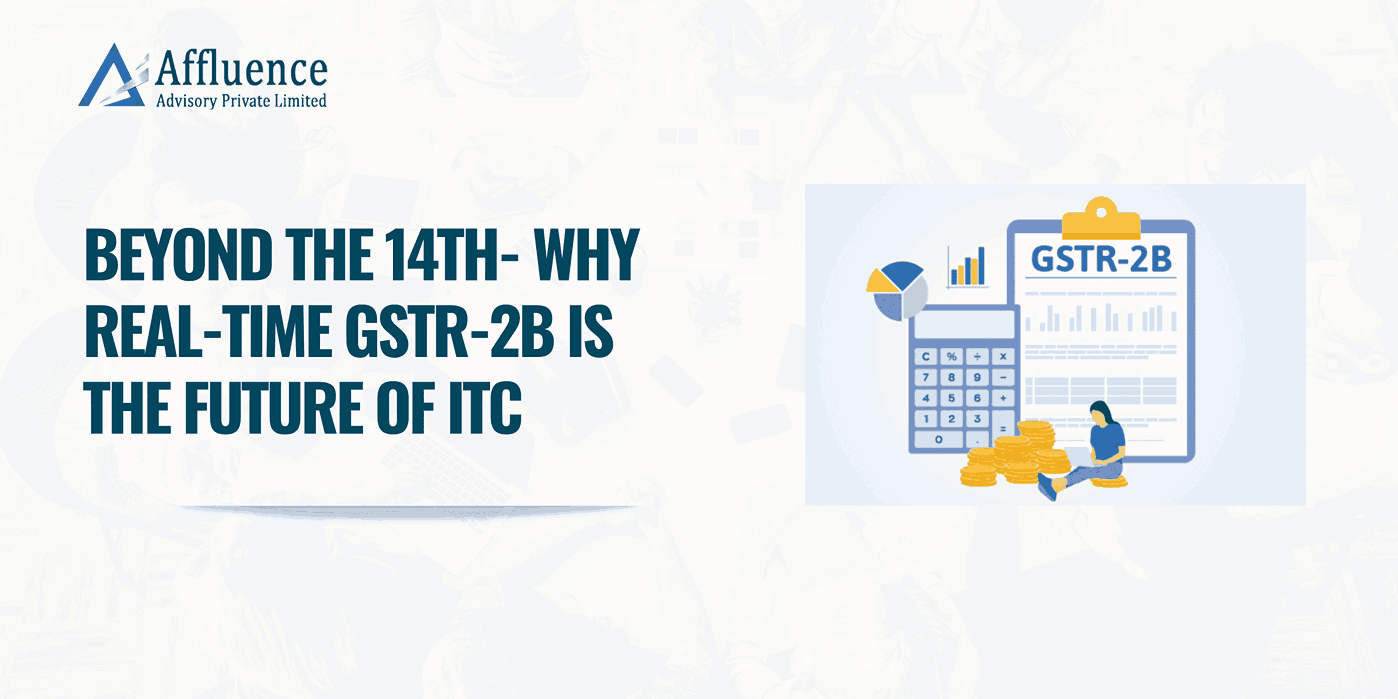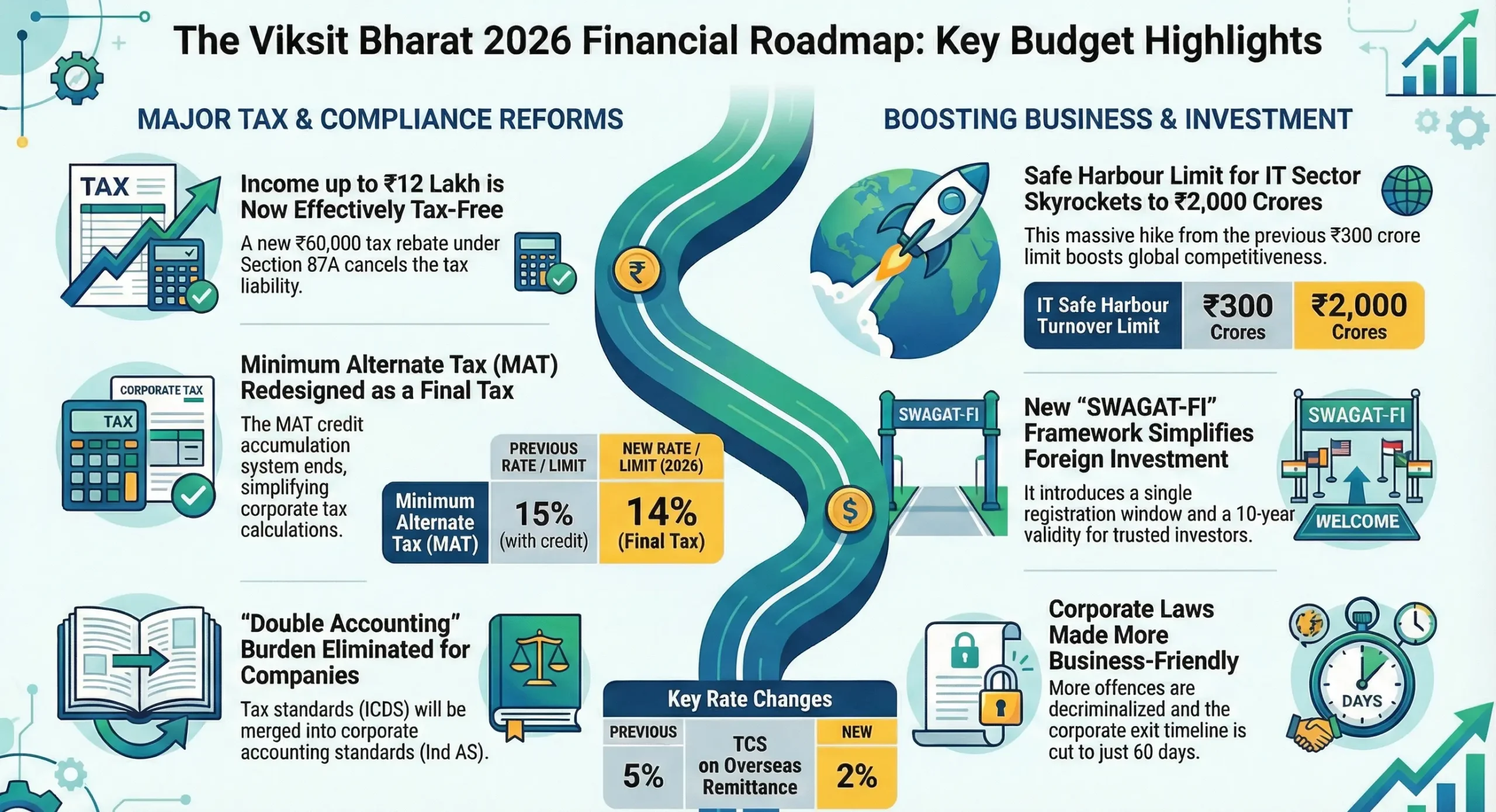Dated: 27 October 2025
Overview
SEBI, India’s securities regulator, has now made it clear—based on internal directions widely reported in the media—that mutual funds cannot invest in shares or convertible securities before a company’s IPO. This ban applies to all private share placements to mutual funds before public listing or anchor allocation. The aim is to make IPOs more transparent and to protect investors from risks tied to unlisted or pre-IPO investments.
Regulatory Background
Although SEBI hasn’t yet put out a formal circular, several major business newspapers, including The Economic Times and VCCircle, have confirmed this policy. As per reports, SEBI’s order means mutual funds can only participate during the official IPO process or as anchor investors right before an IPO. This move fits with SEBI’s ongoing push for a fairer IPO system, reducing risks for retail investors who rely on mutual funds.
Reference Regulations and Circulars
- SEBI (Mutual Funds) Regulations, 1996, specifically Regulation 44, lists permitted ways mutual funds can invest.
- SEBI Circular SEBI/HO/IMD/IMD-I/DOF3/P/CIR/2022/50 (dated 1 April 2022) gives detailed rules on how pre-IPO and unlisted shares must be valued by mutual funds.
- The current restriction is an extension of recent SEBI efforts to clarify what mutual funds can invest in, especially in the context of unlisted shares.
Key media sources:
- “SEBI bars mutual funds from investing in pre-IPO placements,” The Economic Times, 27 Oct 2025.
- “SEBI bars mutual funds from pre-IPO deals, limits investment to public issue,” VCCircle, 27 Oct 2025.
Impact on Investment Deals and Exits
- Deal Structuring: Companies planning to raise pre-IPO capital with mutual fund participation will need to change their strategies. PE and VC funds should review their investor mix and sequence of deals.
- Exit Planning: Those who hoped mutual funds would buy in pre-IPO rounds must be ready for changes in exit timing or valuation. Alternative investors—like AIFs or strategic/sovereign investors—should be considered for such deals.
- Reporting and Modeling: Update investment models and pitch documents so they clearly communicate this regulatory change. Any assumptions about mutual fund exits will need revision.
Immediate Action Points
|
Area |
Actions to Take |
|
Portfolio Review |
Check all ongoing and planned pre-IPO deals with mutual funds; decide if you need to change structure or seek new investors. |
|
Deal Documentation |
Change your term sheets and legal paperwork to reflect this new restriction. |
|
Exit Strategy |
Reconsider exit options—look at AIFs, institutions, or strategic buyers for your next steps. |
Key Takeaways
- Mutual funds are now barred from unlisted pre-IPO placements—they can only buy in the IPO or as anchor investors.
- The move is meant to ensure fair valuation and protect retail investors.
- PE/VC and NBFC-backed vehicles must rethink their deal and exit plans.
- Keep monitoring SEBI’s official releases for further details or updates.
References
- SEBI (Mutual Funds) Regulations, 1996—Regulation 44.
- SEBI Circular SEBI/HO/IMD/IMD-I/DOF3/P/CIR/2022/50 (1 April 2022).
- The Economic Times, 27 Oct 2025.
Disclaimer: This article provides general information existing at the time of preparation and we take no responsibility to update it with the subsequent changes in the law. The article is intended as a news update and Affluence Advisory neither assumes nor accepts any responsibility for any loss arising to any person acting or refraining from acting as a result of any material contained in this article. It is recommended that professional advice be taken based on specific facts and circumstances. This article does not substitute the need to refer to the original pronouncement.
CLICK HERE DOWNLOAD PDF










